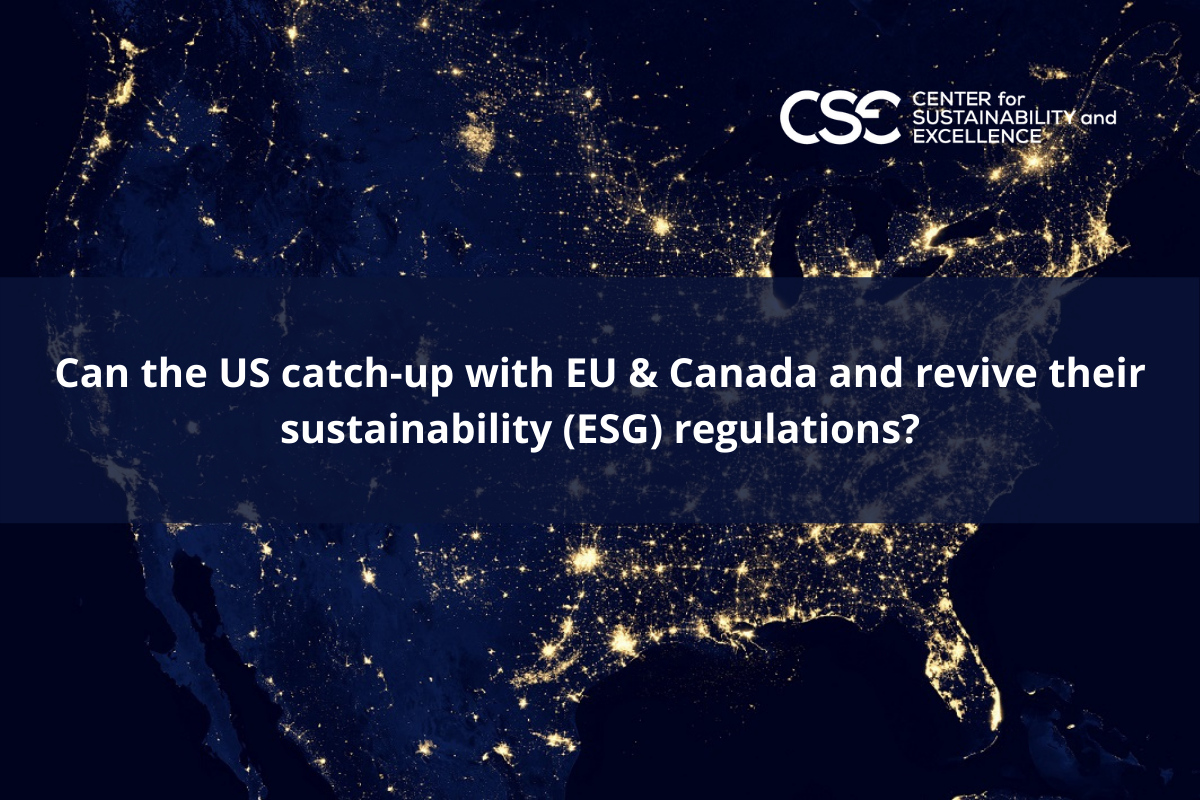Globally, countries are stepping up their game to greater sustainability, mainly climate change, into their financial industries. The plans are most advanced in the European Union and Canada.
In the last few years, multiple countries have made progress in developing sustainable-finance plans to help direct investment to climate solutions. On the other hand, the US, under the administration of former President Donald Trump, has weakened environmental regulations while it hopes that with the arrival of President Joe Biden it can rapidly make up lost ground.
The EU’s Action Plan for Financing Sustainable Growth, announced in March 2018, set a series of deadlines to help achieve its objective of net-zero carbon emissions by 2050. The plan requires all EU-listed companies with more than 500 employees to disclose how much of their revenue is produced from green initiatives.
In 2019, Canada’s Expert Panel on Sustainable Finance issued its final report addressing how to move the nation’s climate-change conversation from “burden to opportunity” and to participate in the transition to a competitive low-emissions economy.
Regardless of former US President’s noted disregard for climate-change, an advisory committee managed to produce a report on managing climate risk in the US financial system last year. They concluded, “Climate change poses a major risk to the stability of the US financial system and to its ability to sustain the American economy.”
President Joseph Biden and his team made clear that climate action will be a priority for his administration. They have moved quickly to deliver on their campaign promises and in the first few days, Biden issued executive orders to cancel the controversial Keystone XL oil pipeline and return the US to the Paris (Climate) Agreement.
Biden’s executive order on establishes a National Climate Task Force of the heads of the federal departments and agencies charged with domestic affairs to identify key federal actions to reduce climate pollution, increase resilience to climate-change impacts and create well-paying union jobs and equitable economic growth and benefits.
Additionally, sustainable investing has exploded in recent years. Asset managers’ consideration of environmental criteria grew by 58% from 2018 to 2020. The CEO of BlackRock, confirmed in his 2021 annual letter to shareholders that “no issue ranks higher than climate change on our clients’ lists of priorities. They ask us about it nearly every day.” Even General Motors, provided an effective boost to the Biden Administration’s climate plans when it recently announced that it is committed to end production of gasoline-powered vehicles by 2035.
So far, the US is committed to move ahead on climate change and a range of environmental and social sustainability concerns.
CSE is one of the leading ESG Consulting and Training firms specializing in maximizing social, economic and environmental impact. CSE helps FORTUNE 500 and other organizations around the globe improve their ESG Ratings and maximize their impacts.
CSE is a global provider of Sustainability (ESG) Training programs that help professionals advance their careers through certified on-site, online and group training services since 2004.
To view all our upcoming programs please click here>> https://cse-net.org/all-trainings/
You may contact us at>> [email protected]







